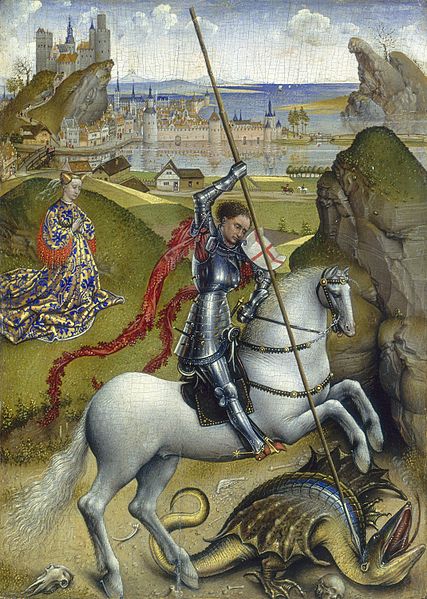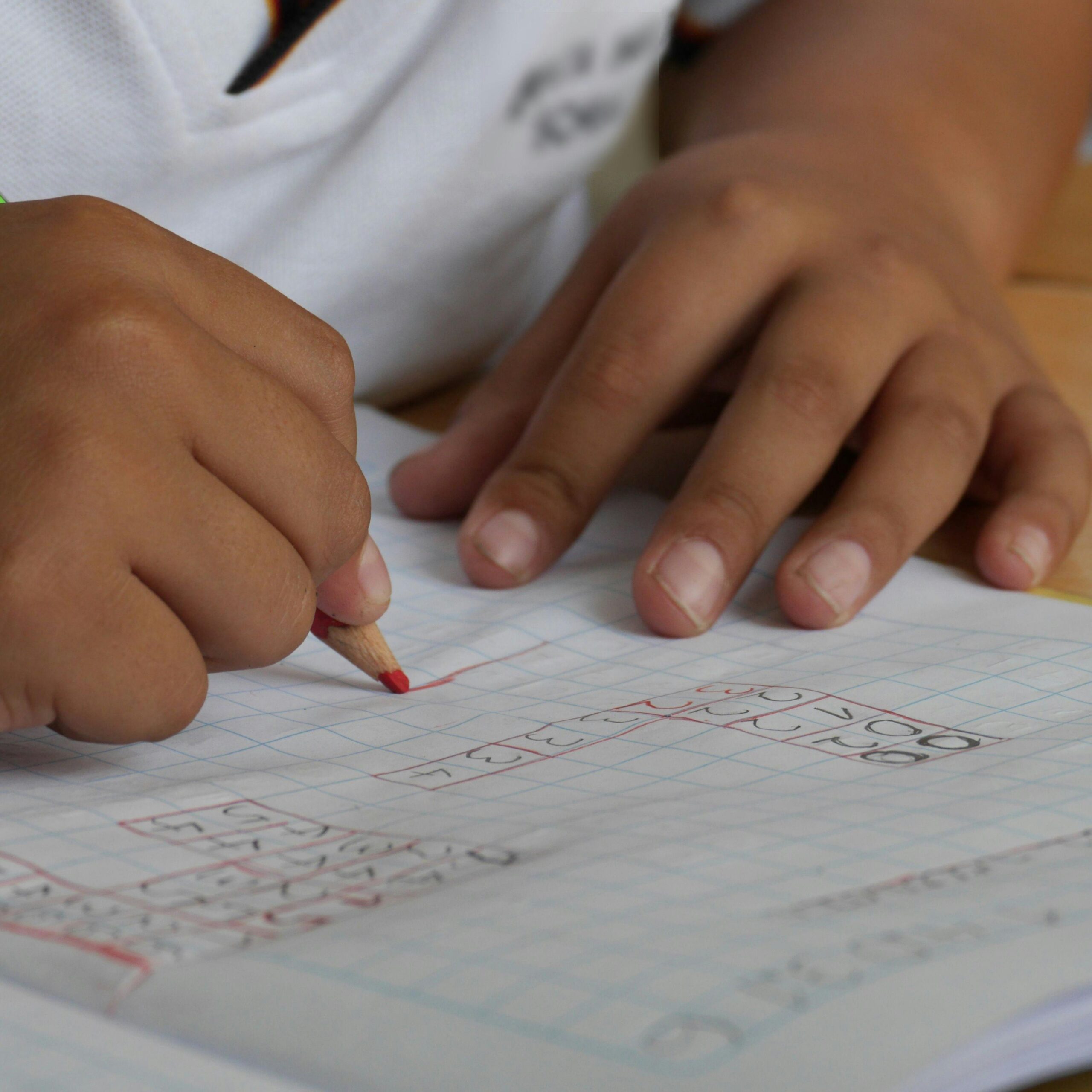Category: Modern Research
-

Slow Productivity in School, Part 2: Do Fewer Things
In my last article we discussed the problem of pseudo-productivity in school. Popularly called busywork, this pseudo-productivity of the factory model of education presents a fairly straightforward analogy to the pseudo-productivity of the office. In his book Slow Productivity: The Lost Art of Accomplishment Without Burnout, Cal Newport diagnosed the problem of our crazy busy…
-

Slow Productivity in School, Part 1: The Problem of Pseudo-Productivity
Classical educators can often be found touting the Latin phrase multum, non multa, in favor of various revolutionary proposals to adopt quality over quantity, depth over breadth, much over many things. (See for instance this article on Memoria Press by Andrew Campbell, or Christopher Perron’s lecture on Classical Academic Press.) The phrase comes from a…
-

College-bound Superstars: How Classical School Students Can Cultivate Interesting Lives
Student at classical Christian schools are already on their life journey. The temptation is to think that life only begins once the student goes off to college or enters their career. A student in sixth grade feels like college is so far off that it’s not even worth talking about college. While it is true…
-

Are You Ready to Become a Phone-free School?
The latest catchphrase sweeping the nation is “phone-free school.” In an age where smartphones have become ubiquitous, more and more schools are adopting policies to remove phones from the hands of students. In this article, we will look at the reasons behind this move to create distraction-free environments. Even though many classical schools are already…
-

The Search for Great Teaching: A Comparison of Teach Like a Champion 3.0 and Christopher Perrin’s Pedogogical Principles
One interesting addition to Doug Lemov’s Teach Like a Champion series in his third edition (Teach Like a Champion 3.0) is his notion of a mental model. He introduces the idea like this: “In a typical lesson you decide, often quickly. Then you decide, decide, and decide again. You are a batter facing a hundred…
-

How to Teach Grit and the Growth Mindset
Over the years we have written about grit and growth mindset here at Educational Renaissance. These are important areas of recent research that align well with the aims of our educational renewal movement. But one of the really tricky issues is whether we can teach grit and growth mindset. Is it the case that children…
-

Guiding a New Generation: Six Alternatives to College
In this series on college guidance, we have worked within the framework that most if not all students are destined to attend a four-year college. I began by questioning the current state of affairs in higher education. There is a massive educational-industrial complex that serves as the gateway to the industrial economy. However, many recent…
-

Why Gender Matters in Education
We often take for granted the givenness of the world we live in, that is, the things in life that are not questionable. For example, I have never questioned that the sky is blue or that I am the son of my parents. These aspects of reality strike me as matter of fact and have…
-

Reading for Meaning: Tapping into the Collective Unconsciousness
The story of Saint George and the Dragon is a classic tale of courage and faith. It tells the story of a brave knight, George, who saves a princess from being sacrificed to a dragon that has been terrorizing a small town. After slaying the dragon, George is celebrated as a hero and his bravery…

